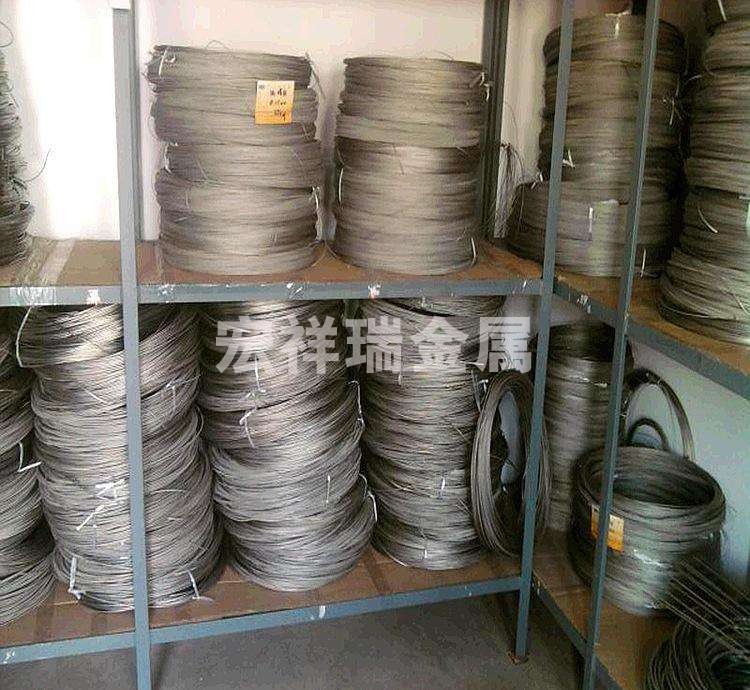[ Info Diffusion:Admin | Times:2018-09-06 | HIts:735 ] |
Titanium powder, titanium hydride powder: purity: 95-99.4% and other specifications traits: titanium powder: the product is silver-gray irregular powder, has a large suction capacity, flammable under high temperature or electric spark conditions. Titanium hydride powder: The product is a dark gray irregular powder.
Titanium powder, titanium hydride powder: purity: 95-99.4% and other specifications
Properties: Titanium powder: The product is a silver-gray irregular powder with a large inspiratory capacity and is flammable under high temperature or electric spark conditions.
Titanium hydride powder: The product is a dark gray irregular powder.
Uses: Titanium powder and titanium hydride powder are a very widely used metal powder. It is an additive for powder metallurgy and alloy materials. At the same time, it is also an important raw material for cermet, surface coating agent, aluminum alloy additive, electric vacuum getter, spray and plating.
Particle size: -40 mesh to -300 mesh. Bulk density: 1.2-1.6 (g/cm3)
With the development of the technology market, powder metallurgy products have gradually penetrated into the vast industry, and titanium powder smelting has become more and more advanced, saving production costs and gaining huge benefits. But many people don't know what titanium powder is. Then let's explain what titanium powder is.
Titanium is an alloying element of steel (titanium iron). Titanium will reduce the grain size of steel. At the same time, titanium as a deoxidizer will reduce the oxygen content of steel. Adding titanium to stainless steel will reduce the carbon content. Titanium is often alloyed with other metals such as aluminum (modified grain size), vanadium, copper (hardened), magnesium and molybdenum. Titanium mechanical products (sheets, plates, tubes, wires, forgings, castings) are used in industrial, space navigation, leisure and emerging markets. Titanium powder is used in pyrotechnics to provide bright burning particles.
About 95% of the titanium ore mined from the Earth's surface is sent to make titanium dioxide (TiO2), an ultra-white permanent pigment used in the manufacture of paints, paper, toothpaste and plastics. Titanium dioxide is also used as a reinforcing agent for cement, gemstones, sunscreens for papermaking, graphite composite fishing rods, and golf clubs. Powdered TiO2 is chemically inert, does not fade under sunlight, and is very opaque: these properties make it a brilliant white for gray or brown chemicals used in the manufacture of household plastics. In nature, titanium dioxide is found in minerals such as anatase, brookite and rutile. Coatings made of titanium dioxide are resistant to high temperatures, lightly prevent dust build-up, and withstand the effects of the marine environment. Pure titanium dioxide has a very high refractive index and is more optically dissipative than diamond. In addition to being a very important pigment, sunscreens also use titanium dioxide because it protects the skin itself. Recently, it has also been used in air purifiers (filter coatings) and films attached to the windows of buildings, which are highly reactive when exposed to ultraviolet (solar or artificial) or airborne moisture. Redox species, such as hydroxyl groups, purify the air or keep the window surface clean. |
